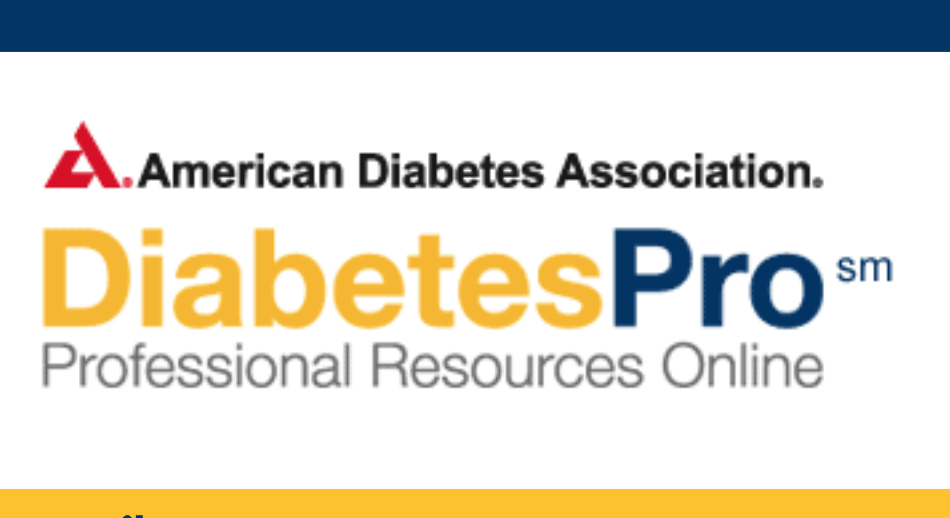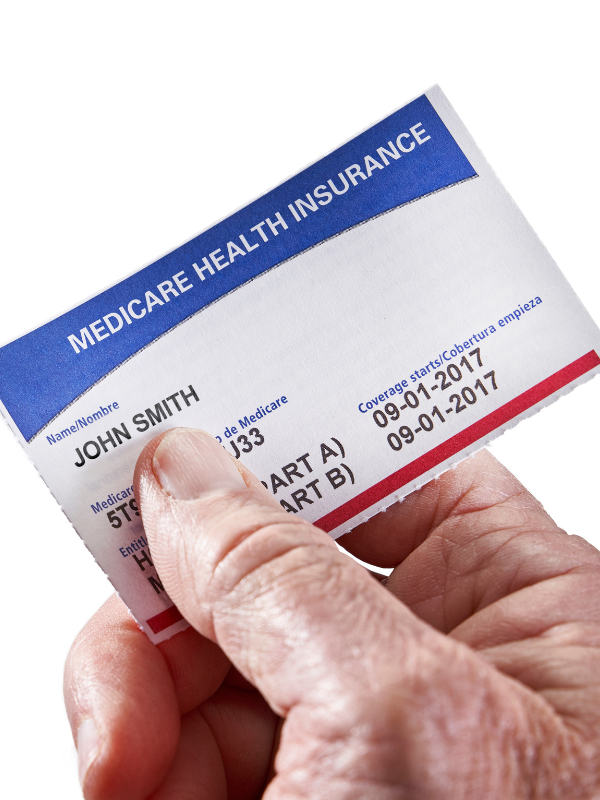

Source: Diabetes Educator Resources | American Diabetes Association


Source: Diabetes Educator Resources | American Diabetes Association

Landmark study presented at AAAAI Annual Meeting paves way for food allergy prevention. LEAP study hints at new food allergy guidelines.
Today’s Dietitian magazine, the leading news source for dietitians and nutritionists, covering topics such as diabetes management, long-term care, new products and technologies, career strategies, nutrition research updates, supplements, culinary arts, food allergies, fitness, sports medicine, and much more.
Source: Guide to Insurance and Reimbursement – Today’s Dietitian Magazine

As a member of the Academy of Nutrition and Dietetics, you can access the archives for MNT Provider. Well worth the reading when you are trying to figure out how to get paid!

Medicare pays dietitians 85% of what they would pay a physician offering the same service. Here’s where you can look up what they pay in your state.
Physician Fee Schedule Look-Up Tool – Centers for Medicare & Medicaid Services
Like much of Medicare’s Online information, it can be overwhelming. The Academy has narrowed it down to the few codes we use listed by state. If you are a member, 2017’s fee schedule was available here.

Many private practice dietitians find insurance billing to be an absolutely necessary evil if they are going to make a private practice viable. The issue is that many or most clients simply will not lay out cash and take on the paperwork themselves to get reimbursed by the insurance company. The bottom line is that insurance companies will pay much more and the dietitian will have fewer barriers to meeting with the patient if insurance billing is offered.
The core of the billing process is making sure that each and every required line from the insurance billing form (CMS 1500) can be filled out correctly on each client. Here are some resources that can help.
CMS 1500 Instruction Manual from the NUCC (National Uniform Claim Committee) who publish the claim form used in all our insurance billing.
This instruction set is specific to filling out the CMS 1500 for Medicare Billing.
Source: Homepage – Evelyn Tribole
“Our findings agree with results of the two longer-term randomized clinical trials of lithium in subtherapeutic doses producing stabilizing effects among individuals with mild cognitive impairment treated with low doses of lithium for two years and patients with Alzheimer disease treated with a microdose of lithium for 15 months,”
Medpage Today offers this : Dementia Rates Fall with Rising Lithium Levels in Water

Metformin improves some indicators of vascular function and long-term blood glucose control in children with type 1 diabetes, while reducing their insulin needs, according to a randomized, placebo-controlled trial.
Source: Metformin: Vascular Benefits in Children With Type 1 Diabetes
The Natural Medicines Comprehensive Database is the recognized source when you need to find the research and avoid the hype. Link to the Database here: Natural Medicines Comprehensive Database